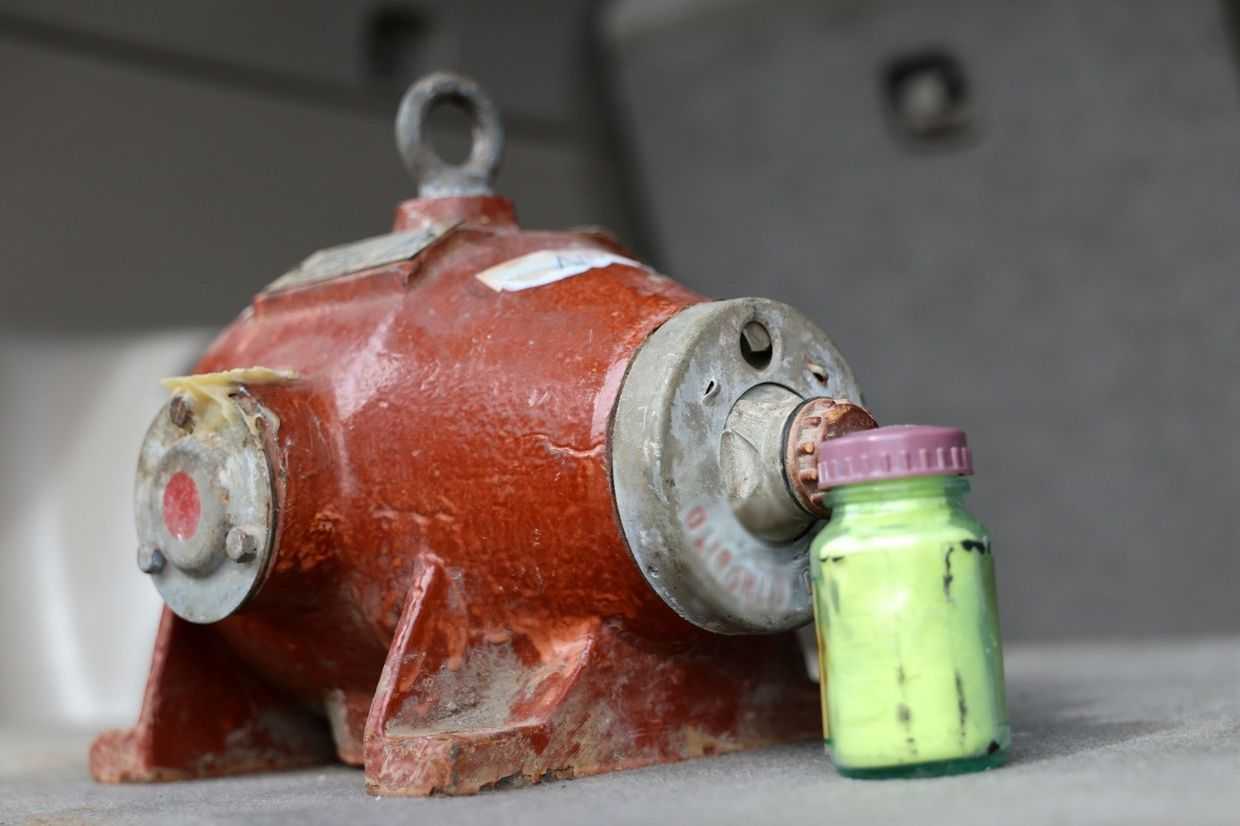
Georgia’s Prosecutor General’s Office has requested financial documents from the now-closed opposition TV channel Mtavari. The request followed a complaint by current director Gogi Kurdadze, prompting an investigation into alleged embezzlement in the company.
Mtavari, which continued operating online after suspending broadcasting in spring, announced on Wednesday that the Prosecutor’s Office had entered both the TV station and its contracted sales house.
‘The Prosecutor’s Office demanded the complete seizure of financial documents related to the channel’, the statement said.
Later, the Prosecutor’s Office stated that the investigation under which the documents were requested concerned alleged abuse of managerial authority at the channel, embezzlement and misappropriation of funds belonging to a legal entity by an organised group, as well as money laundering.
The statement did not specify who the investigation was targeting. However, Kurdadze has previously blamed the channel’s former director, the now-imprisoned opposition leader Nika Gvaramia, for causing financial damage to Mtavari.
Gvaramia resigned from the channel in February 2024 and transferred his 12% of shares to his wife, Sopho Liluashvili. He later went on to found the opposition party Ahali, which is the leading force behind the opposition Coalition for Change group, formed ahead of the October 2024 parliamentary elections.
However, in March of the same year, Kurdadze — who was appointed director by one of the channel’s co-founders and largest shareholder, Zaza Okuashvili — claimed that Gvaramia was still ‘informally’ directing Mtavari and had ‘once again harmed’ the channel and misappropriated nearly ₾4 million ($1.5 million) from its budget. Kurdadze also accused opposition politician Koba Nakopia of acting in coordination with Gvaramia.
Similar allegations were made by Okuashvili himself in December 2024, with claims that Gvaramia, along with another former director of Mtavari and TV host, Giorgi Gabunia, had ‘looted and driven the channel to artificial bankruptcy’.
For his part, Gvaramia — along with the channel’s staff — accused Okuashvili and Kurdadze of driving Mtavari to closure.
In a surprise statement in December 2024, Gabunia — who shared the directorship with Kurdadze — said that Okuashvili, acting through Kurdadze, was blocking all financial operations within the company, including new contracts that were ‘critical to the company’s survival’.
At the same time, Gvaramia issued a statement, characterising Okuashvili as an opportunist. According to him, the co-founder began causing problems for Mtavari after Gvaramia entered politics — specifically after a request from Okuashvili’s wife, Nato Chkheidze, to include three individuals on the Coalition for Change’s electoral list was not met.
According to Gvaramia, after his departure from Mtavari, Okuashvili arranged for his successor, Gabunia, to require the approval of newly added director Kurdadze for key decisions.
Both parties have levelled accusations of collusion with the Georgian government and the ruling Georgian Dream party’s founder, billionaire Bidzina Ivanishvili.
‘As we had already stated […] Zaza Okuashvili was making false and baseless accusations against the channel’s management and co-founders, thereby serving the interests of the Russian regime’, Mtavari said in a statement on Wednesday, using the term Russian regime in apparent reference to the Georgian government.
Mtavari was founded in March 2019 and launched in September that year after Gvaramia and his team were ousted from TV channel Rustavi 2. This followed a European Court of Human Rights decision earlier that year which upheld a 2017 Georgian Supreme Court ruling that returned Rustavi 2 to its previous owner, Kibar Khalvashi.
Following the financial troubles announced in December, the channel gradually began winding down its operations, and in May, it ceased broadcasting altogether.
In March, Gvaramia did not rule out the possibility that Okuashvili’s accusations could be used by the authorities against him. He is currently serving an eight-month prison sentence, though not in connection with the Mtavari case, but rather for boycotting a parliamentary commission established by Georgian Dream.
According to the Georgian Prosecutor’s Office, the public will be updated on the details of the investigation surrounding Mtavari.











